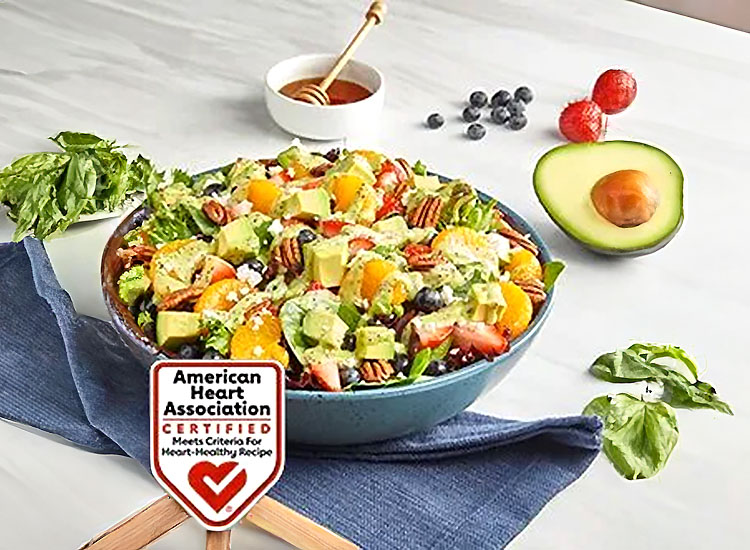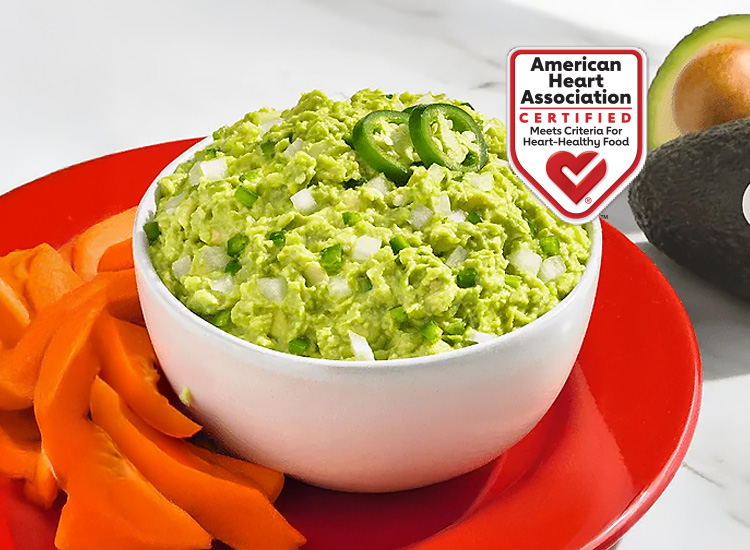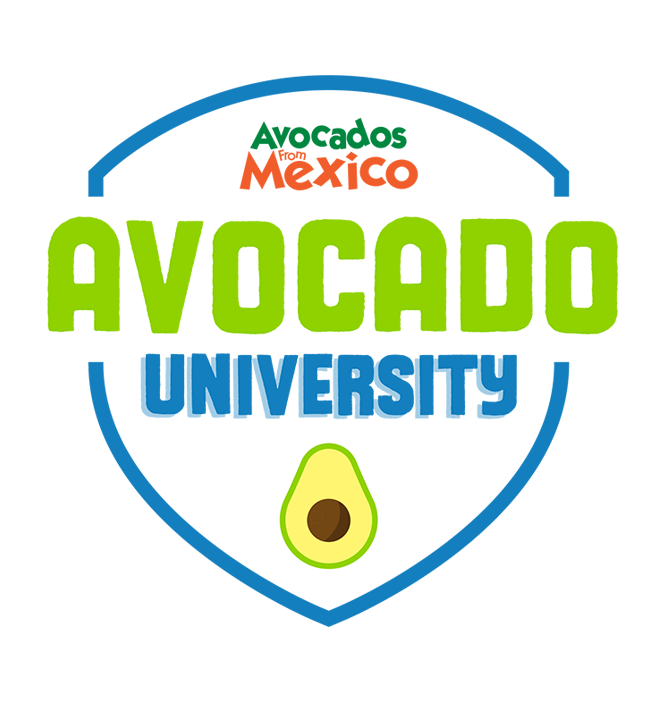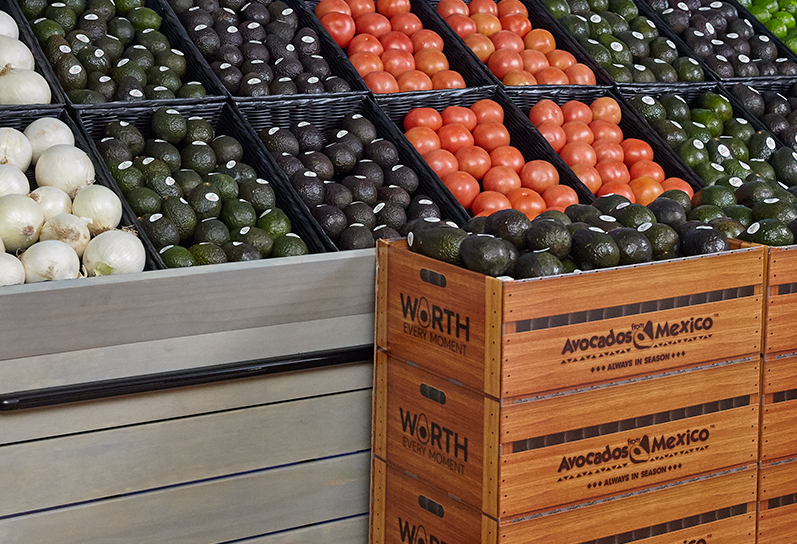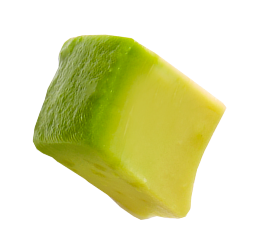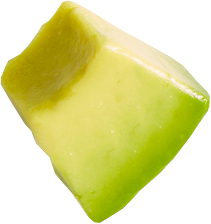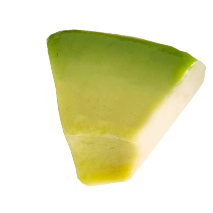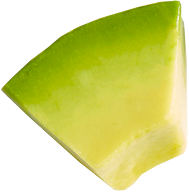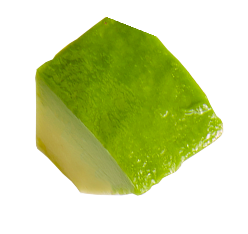AVOCADO NUTRIENTS
Avocados
Avocados have a distinct nutrition profile with a wealth of vitamins and minerals such as potassium, copper, vitamin E and vitamin C. Avocados can be a great contributor to a well-rounded diet as they are an excellent source of dietary fat with necessary vitamins such as vitamin K and Pantothenic Acid (vitamin B5).
FOUND IN AVOCADOS?
Avocados contribute nearly 20 vitamins, minerals and other nutrients with one 50 g serving of a medium avocado providing the recommended Daily Value (DV) for vitamin E (6%), vitamin K (10%), fiber (11%), folate (10%), niacin (6%), and potassium (6%). More than just nutrients, avocados contain 136 micrograms of the carotenoids like lutein and zeaxanthin per 50 g serving which some research suggested may help maintain eye health as we age. Some of the other nutrients in one serving (1/3 medium avocado) are:
Dietary fiber from fruit, as part of an overall healthy diet, helps reduce blood cholesterol levels and may lower risk of heart disease.
Healthy avocados provide a good source of folate per 50 g serving (one-third of a medium avocado). Folate is important for proper brain function. Consuming adequate intakes of folate/folic acid may reduce the risk for premature births and birth defects.
your body needs vitamin K for blood clotting. It becomes especially crucial if you injure yourself, as it takes part in the clotting cascade that allows wounds to heal.
also known as vitamin B5, pantothenic acid helps the body convert food to energy.
A diet rich in potassium helps to offset some of the harmful effects of sodium on blood pressure. Healthy avocados contain 254mg of potassium (6% DV). Healthy avocados contain 254mg of potassium (6% DV).
AVOCADO NUTRIENTS
In a one-third medium avocado (50g), which represents a single serving, you’ll find:

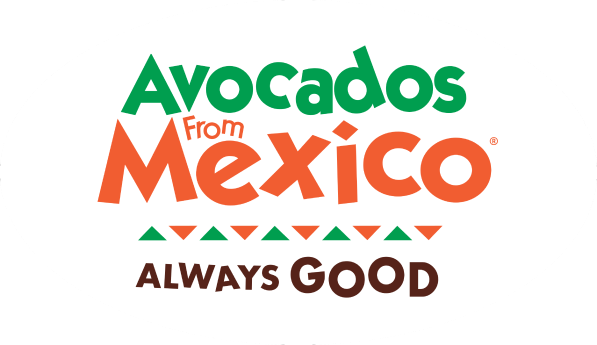

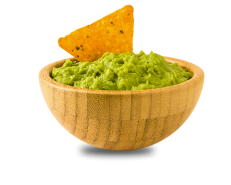 Guacamole
Guacamole
 Burgers & Sandwiches
Burgers & Sandwiches  Tacos & Burritos
Tacos & Burritos 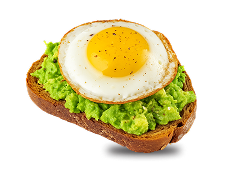 Avocado Toast
Avocado Toast  Breakfast
Breakfast
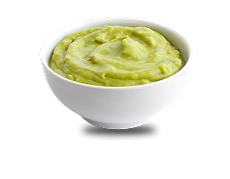 Sauces & Spreads
Sauces & Spreads 
